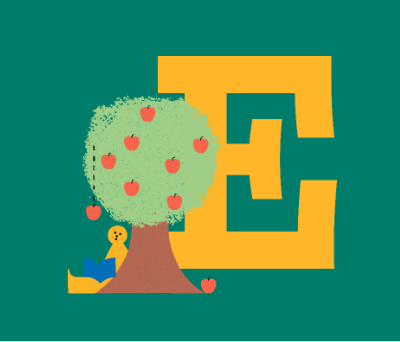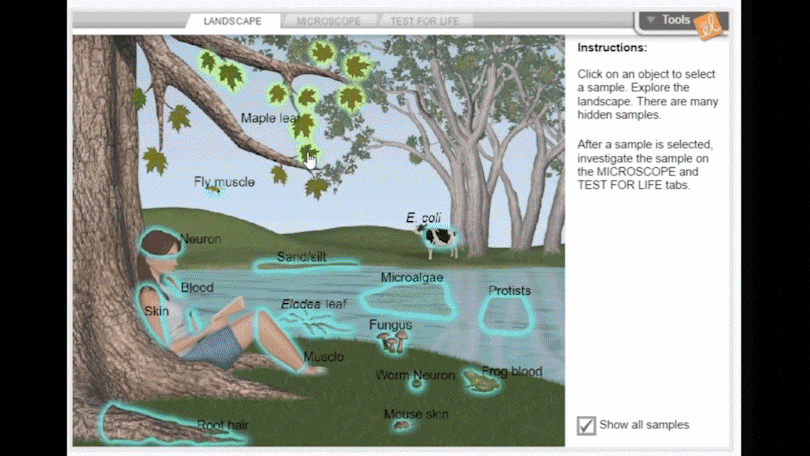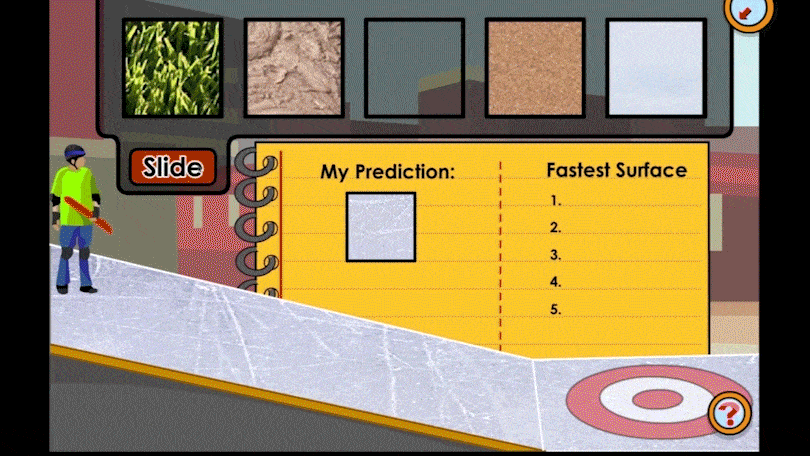Discovering What Science Literacy Is and Why It's Crucial for the Modern World

What is scientific literacy?
Science is all around us. It’s in the kitchen as we experiment with new recipes. We use scientific knowledge to battle illnesses and create training plans for running marathons. We wake up every morning and evaluate the weather conditions. We’re able to understand and make informed decisions through scientific literacy. Understanding scientific concepts and processes is a simple definition of science literacy.
Scientific literacy enables us to use scientific knowledge for many different purposes. Understanding scientific concepts and processes makes it possible to evaluate personal choices, positively impact society, and weigh evidence when solving problems. That’s because scientific literacy is all about how science affects our world.
The power and importance of science literacy
When evaluating the importance of science literacy in the classroom, including science with other content areas is crucial. Scientific literacy helps students learn how to question, assess credible sources, and engage in conversations based on facts. Students can read nonfiction and fiction selections that highlight scientific innovations and concepts. Social studies and humanities courses are natural fits with science. Of course, math and science go hand in hand. Students need to see the intersection of science with other disciplines.
Students who explore scientific concepts and processes are better prepared to think critically and craft logical conclusions. They understand the importance of interpreting and summarizing data with thoughtful evaluation. Tools for discerning the accuracy of information are helpful, especially when students are confronted with advice and instructions in and out of the classroom. Science literacy allows students to use their natural curiosity and apply reasoning to all sorts of encounters throughout daily life.
Canada's celebration of Science Literacy Week
Canada takes the idea of scientific literacy to the next level with the annual Science Literacy Week. This year's celebration is from September 18-24, and the theme is Energy. Families across the country can explore Canadian science in libraries, museums, schools, and science centers hosting special events during this time. Canadians are encouraged to investigate different forms of energy, such as chemical, thermal, kinetic, radiant, and nuclear. Canada is a significant producer of hydroelectricity, providing the perfect opportunity for discussions about renewable energy.

Image courtesy of Canadian Science Literacy Week website
There will be a wide variety of ways to explore the theme for the 2023 Science Literacy Week. Special events with books, podcasts, documentaries, art, movies, and more will bring scientific breakthroughs and innovations in energy applications and technologies to Canadians. The ultimate goal of Science Literacy Week is to bring awareness of how science affects society on a global scale and the daily lives of individuals and communities.
Looking for innovative and engaging ways to bring scientific literacy to your students? Gizmos and Science4Us open up the world of science to students from kindergarten through high school. Give them a try.
Sign up to get the latest updates from ExploreLearning via occasional email.


